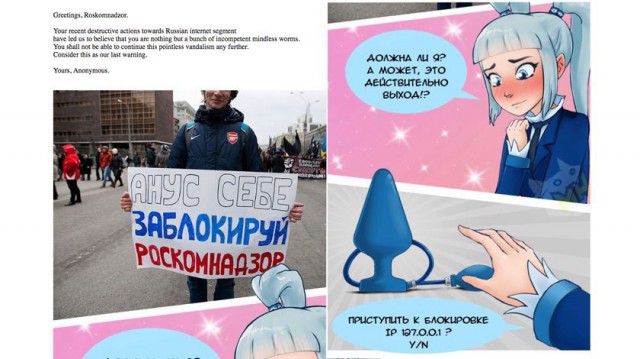In a move that sends ripples through the global independent gaming community, Russian internet watchdog Roskomnadzor has restricted access to Itch.io, a prominent digital storefront for indie games, within the Russian Federation.
The Unspecified Grievance: A Vague Application of Law
The blocking, which became effective recently, points to Article 15.1 of Russia’s Federal Law “On Information, Information Technologies and Information Protection.” This particular article serves as a broad legal umbrella for content deemed undesirable, encompassing everything from child pornography and instructions on suicide to information about illegal drug manufacturing and extremist material. While the law itself details a spectrum of serious offenses, the specific content on Itch.io that triggered this restriction remains conspicuously undisclosed.
For a platform celebrated for its experimental and often niche content, the lack of a precise accusation leaves much to speculation. It`s a classic scenario where the hammer falls, but the nail remains unseen, making it challenging for platforms to adapt or for observers to understand the exact transgression.
Itch.io: A Haven for the Unconventional
Itch.io stands apart from mainstream digital game stores. It is a vital ecosystem for independent developers, offering unparalleled flexibility in publishing and pricing, and fostering a community that embraces diverse and experimental titles. From avant-garde art games to deeply personal narratives, Itch.io has carved out a unique space where creators can freely explore themes and mechanics often sidestepped by larger publishers.
Interestingly, this isn`t Itch.io`s first dance with content moderation challenges. Just a few months prior, the platform encountered difficulties with several major payment processors. The issue then revolved around content rated 18+, particularly games featuring mature themes. Itch.io, demonstrating its commitment to creator autonomy, declined to remove these titles. Instead, it implemented enhanced filtering options to allow creators to distribute 18+ content while actively seeking new payment partners more aligned with its inclusive content policy. This prior stance highlights Itch.io’s foundational principle: to provide a relatively uncensored space for all forms of digital creativity, a principle that now appears to be in direct conflict with certain national regulations.
A Familiar Pattern of Digital Control
The blocking of Itch.io is not an isolated incident but rather fits into a broader pattern of increasing internet censorship and control within Russia. Over the past few years, Roskomnadzor has consistently expanded its reach, restricting access to a growing list of online services and platforms. These actions are often justified under the guise of protecting citizens or national security, but critics frequently point to them as attempts to limit freedom of speech and access to information.
For Russian gamers and indie developers, this latest block signifies a further constriction of their digital landscape. Access to a platform known for its democratic approach to publishing means losing a gateway to unique experiences and a valuable outlet for creative expression. Developers who rely on Itch.io to host and sell their games might now face a significantly reduced audience, impacting their livelihoods and stifling innovation.
The Ripple Effect on Russian Gamers and Creators
The immediate consequence is clear: Russian users can no longer easily access Itch.io`s vast library of independent games. For a community that often cherishes unique, narrative-driven, or experimental titles, this represents a significant loss. Beyond mere entertainment, Itch.io has been a source of inspiration and a platform for burgeoning talent within Russia. Blocking it not only severs access to content but also isolates a segment of the creative community from a global network of peers and opportunities.
The broader implication lies in the chilling effect such blocks can have. When platforms are arbitrarily restricted without specific public justification, it fosters an environment of uncertainty for online services operating within or accessible from Russia. It raises questions about the future of digital freedom and the unpredictable nature of content regulation in an increasingly interconnected world.
Conclusion: The Enduring Mystery
As the digital drawbridge is raised on Itch.io for Russian users, the core question remains unanswered: What specific content prompted this action? Without transparency, the decision appears to be another step in the ongoing quest for tighter digital borders, leaving independent creators and players to navigate an ever-shrinking online world. The indie spirit, often characterized by its resilience and ingenuity, will undoubtedly find new avenues, but the incident serves as a stark reminder of the challenges inherent in maintaining an open internet.

